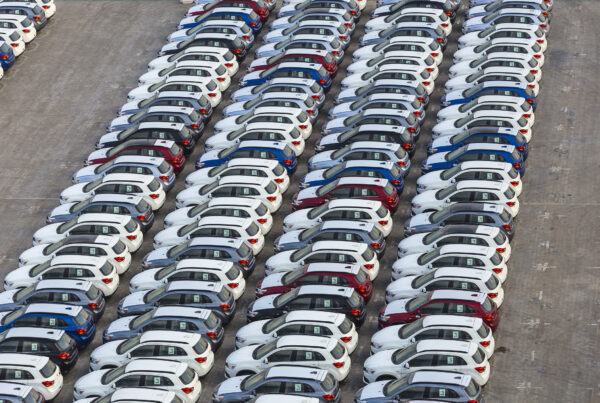Vietnam’s car industry faces tough times, with sales dropping sharply and unsold vehicles piling up. Despite government efforts to help through tax and fee cuts, the market is not bouncing back.
In 2023, car sales fell by 25% compared to 2022, with only about 370,000 vehicles sold. The start of 2024 hasn’t been any better, with the Vietnam Automobile Manufacturers Association (VAMA) reporting a 50 percent drop in sales in January and over 70,000 vehicles still sitting unsold from last year.
Several factors had been cited as the reason for this decline including economic recession, rising inflation, and high interest rates which have made people hesitant to spend on big-ticket items like cars. Additionally, the COVID-19 pandemic continues to affect the industry’s recovery.
The government has tried to help by reducing registration fees for cars made and assembled in Vietnam. This policy, which cuts the fees in half, started in December 2021 and was reintroduced for the third time in 2023. It has helped boost sales somewhat, but significant challenges remain.
Vietnam’s goal of locally manufacturing 30 to 40 percent of car parts by 2020 has only been partially met with the actual rate being between 12 to 20 percent.
Furthermore, the country aimed to export 5,000 vehicles by 2020 but only managed to export 1,000, indicating missed opportunities in the export market.
Did you find this article interesting? Click the ‘heart’ button above to give it a ‘like’!


















